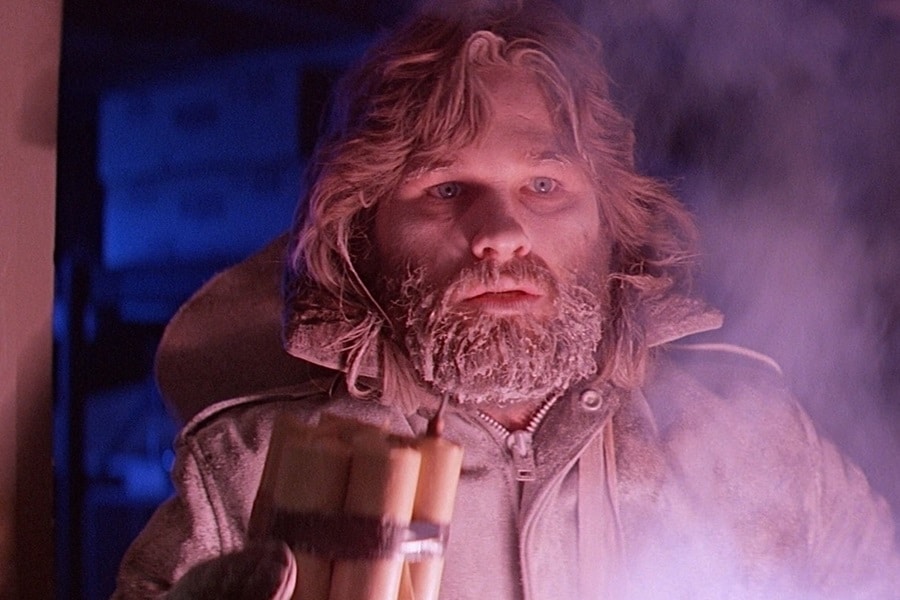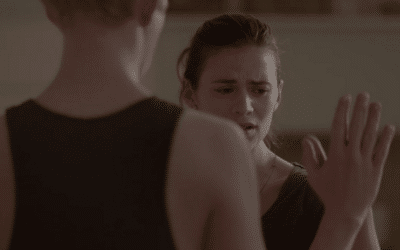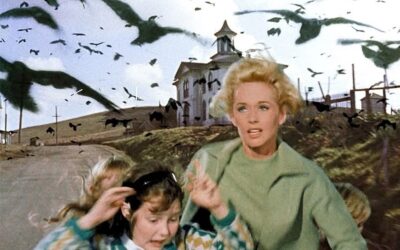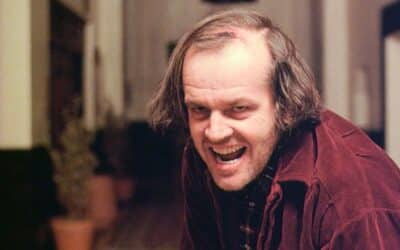
Tropes of Psychological Horror
Dark hallways. Footsteps echoing when no one’s around. Shadows that seem to dance of their own accord. Yet, if you think that’s all there is to psychological horror, think again. Let’s dive deep into the uncanny world where the most terrifying monster is, often, the human mind.
First up, isolation. This trope is no stranger to fans of the genre. A classic example? Shirley Jackson’s “The Haunting of Hill House,” where Eleanor Vance, along with a few others, ventures into the titular haunted mansion. But the real dread doesn’t come from ghoulish apparitions. No, it’s the crumbling mental state of Eleanor that sends shivers down our spine. Alone in her mind, her perceptions skew, making us question reality. The Netflix adaptation of this classic amplifies this theme, juxtaposing familial bonds with the chilling distance each member feels.
Paranoia is another familiar face in this genre. John Carpenter’s film “The Thing” sets the stage in the frigid Antarctic, where an alien entity assimilates and imitates its prey. Is your buddy still your buddy, or a monstrous imposter? Trust no one, trust nothing. Every interaction is laced with doubt and suspicion.
What’s that scratching at your window? Probably just a branch, right? Or is it? The unknown is a significant player in psychological horror. Those things that go bump in the night become a playground for our imagination. Take “The Birds” by Daphne du Maurier, later adapted into a film by Alfred Hitchcock. No explanation is given for why the birds attack. Their inscrutable motives, their sheer unpredictability, make the story a masterclass in the fear of the unknown.
Now, how about the unsettling realization that the monster isn’t out there, but inside? The doppelgänger trope plays with this fear. The idea that there’s an identical entity, one that’s not just your physical twin but might be a dark mirror to your soul, is deeply unsettling. Fyodor Dostoevsky’s “The Double” follows Yakov Golyadkin as he’s haunted by his double, culminating in a battle between the two for supremacy. This idea was given a modern twist in Jordan Peele’s “Us”, where the protagonist’s family encounters malevolent versions of themselves.
Speaking of the mind, let’s not forget amnesia. Memory loss as a plot device can weave intricate tales where the protagonist, and by extension, the audience, grapples with fragmented memories. The dread lies in the gaps, the pieces of the puzzle that might or might not fit. “Before I Go to Sleep” by S.J. Watson unravels the story of Christine, who wakes up every day with no memory of her past. As she pieces together her life, the discoveries are as shocking as they are horrifying.
And of course, there’s gaslighting, a term derived from the play “Gas Light” by Patrick Hamilton, and its subsequent film adaptations. It’s a sinister form of manipulation where one person makes another doubt their perception of reality. This slow-burning descent into madness, where characters grapple with what’s real and what’s imagined, can be more terrifying than any monster lurking in the shadows.
As unsettling as these tropes can be, they share an undeniable pull. Why? Because psychological horror doesn’t rely on the supernatural or the grotesque. It taps into those universal fears: loneliness, mistrust, the boundaries of one’s sanity. It reminds us that sometimes, the most horrifying things are those that lurk within our minds, waiting for the right moment to surface.
It’s evident in iconic works like “Psycho” by Robert Bloch, where Norman Bates’s fractured psyche is the real source of terror, more so than the infamous shower scene. Then there’s “Rosemary’s Baby” by Ira Levin, where the true horror isn’t just the devilish plot, but Rosemary’s isolation and the creeping realization that those closest to her might be her greatest enemies.
Film and literature have had a long-standing love affair with psychological horror, a testament to its enduring appeal. It’s that slow realization, that creeping dread, the notion that something isn’t quite right. It’s the unease that settles in when the credits roll or when the last page is turned, the stories that linger long after they’re done.
This genre reminds us that monsters aren’t always fanged beasts or otherworldly entities. Sometimes, the real monsters wear human faces, bear familiar names, or even, at times, stare back at us from the mirror.
Horror isn’t always about what’s lurking outside; sometimes, it’s about confronting the darkness within. And as the tales of psychological horror unfold, they don’t just scare us; they challenge us, make us reflect, and often, they leave us questioning our very perceptions of reality. That’s the power and allure of psychological horror, and it’s why, time and again, we come back for more.
More Psychological Horror Features
Unnerving Psychological Horror
A Journey into the Dark Corners of the Mind
The Psychology of Fear
Why We Love Horror Fiction
Villains of Psychological Horror
Four villains of psychological horror



